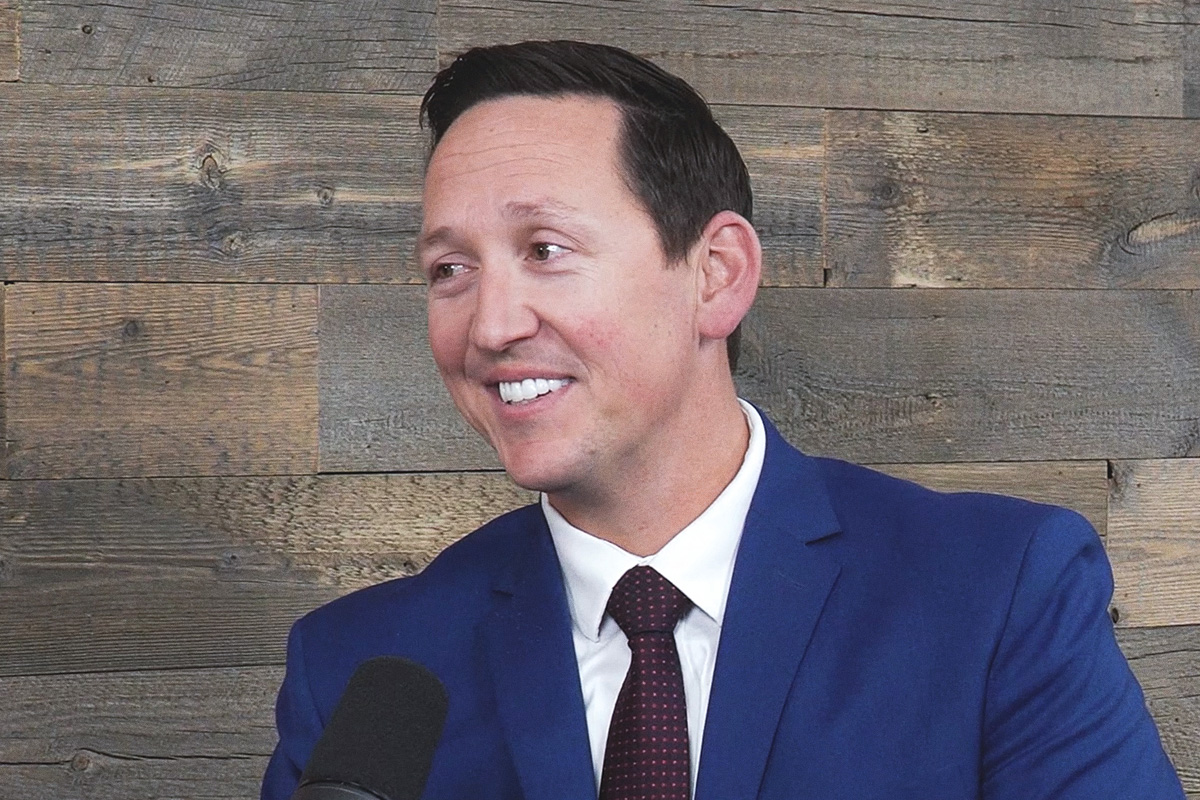
Retirement Milestones: 10 Important Age Deadlines
Retirement can be difficult to navigate—from planning when to retire to making sure you’ll have enough money for this phase of life. To maximize your retirement benefits, it’s important to avoid penalties and meet key deadlines. Here are milestones to add to your plan:
Age 50—Now is the time to accelerate your 401(k) contributions. Employees ages 50 and older can defer paying income taxes with catch-up contributions, up to $31,000 each year. That’s $7,500 more than younger employees. For IRA-holders, you can defer taxes on $7,000—that’s $1,000 more than your younger coworkers.
Age 55—If you leave your job the year you turn 55, you can begin making withdrawals—but only from the 401(k) associated with the company you most recently left. The good news? You can use the money for any reason without the 10% tax penalty you’d be assessed if you dipped into your money before turning 55! You will, however, have to pay income tax on any withdrawal from a traditional 401(k). If you choose to roll the money into an IRA, your no-penalty withdrawals won’t start until you turn 59 ½.
Age 59 ½—When you reach this age, you are no longer subject to the 10% penalty on traditional 401(k) and IRA distributions. Again, you will be charged income tax on any withdrawal. Now is also a great time to meet with your financial advisor to discuss your disbursement strategy.
Age 60-63—The contributions mentioned at the Age 50 milestone get even better for this age group. In 2025, employees who are ages 60–63 and participating in a savings plan, like a 401(k), have an even higher contribution limit—$11,250 more than their under-50 counterparts (that’s $34,750 each year).
Age 62—Employees can start receiving Social Security at age 62. However, if you choose to start receiving these payments at this age, they will be significantly smaller—up to 30% less than their maximum amount. If you continue working while receiving Social Security benefits, part or all of your payments could be temporarily withheld by the Social Security Administration.
Age 65—Sign up for Medicare benefits up to three months before your 65th birthday. If you don’t sign up on time (or within eight months after leaving a job with group health coverage), your premiums could permanently increase. You may even be denied coverage.
Age 66—People born between 1943 and 1954 are eligible to collect full Social Security payments at age 66. Those born between 1955 and 1958 are eligible at age 66 and 2 months, and those born in 1959 are eligible at age 66 and 10 months. Once the individual retirement age is reached, Social Security benefits are no longer withheld for those simultaneously working and collecting benefits.
Age 67—Those born in 1960 or later are eligible to collect Social Security benefits at age 67.
Age 70—If you wait until age 70 to start collecting Social Security benefits, your payments will increase by about 8% per year that you wait. After age 70, there is no additional benefit to delay claiming your Social Security.
Age 73—Once you hit this milestone, you are required to take distributions from traditional IRAs and 401(k)s. If you’re still employed, you can delay 401(k) distributions until April 1 of the year after you retire.
Want more information? Meet with a professional at Mountain America Investment Services for advice and recommendations to lead you to the retirement you want!
Securities and advisory services are offered through LPL Financial (LPL), a registered investment advisor and broker-dealer (member FINRA/SIPC). Insurance products are offered through LPL or its licensed affiliates. Mountain America Credit Union and Mountain America Investment Services are not registered as a broker-dealer or investment advisor. Registered representatives of LPL offer products and services using Mountain America Investment Services, and may also be employees of Mountain America Credit Union. These products and services are being offered through LPL or its affiliates, which are separate entities from, and not affiliates of, Mountain America Credit Union or Mountain America Investment Services. Securities and insurance offered through LPL or its affiliates are:
| Not Insured by NCUA or Any Other Government Agency | Not Credit Union Guaranteed |
| Not Credit Union Deposits or Obligations | May Lose Value |
This site is designed for U.S. residents only. The services offered within this site are available exclusively through our U.S. Investment Representatives. LPL Financial U.S. Investment Representatives may only conduct business with residents of the states for which they are properly registered. Please note that not all of the investments and services mentioned are available in every state.
Mountain America Credit Union (“Mountain America”) provides referrals to financial professionals of LPL Financial LLC (“LPL”) pursuant to an agreement that allows LPL to pay Mountain America for these referrals. This creates an incentive for Mountain America to make these referrals, resulting in a conflict of interest. Mountain America is not a current client of LPL for advisory services. Please visit https://www.lpl.com/disclosures/is-lpl-relationship-disclosure.html.
LPL Financial Form CRS.
Related Articles

How to Start Your Retirement Journey | Guiding You Forward
